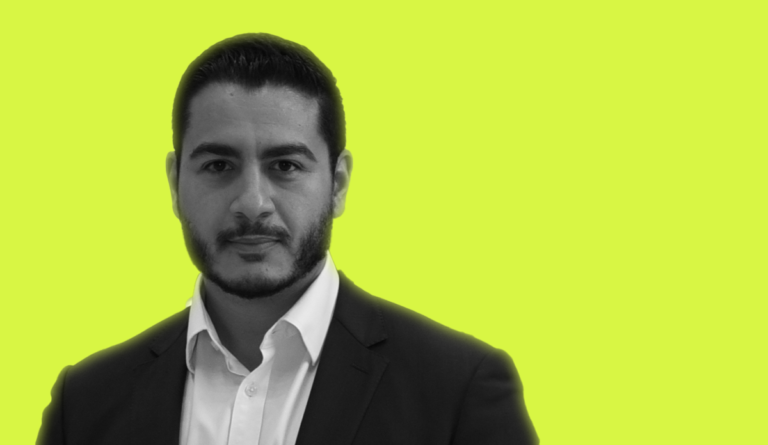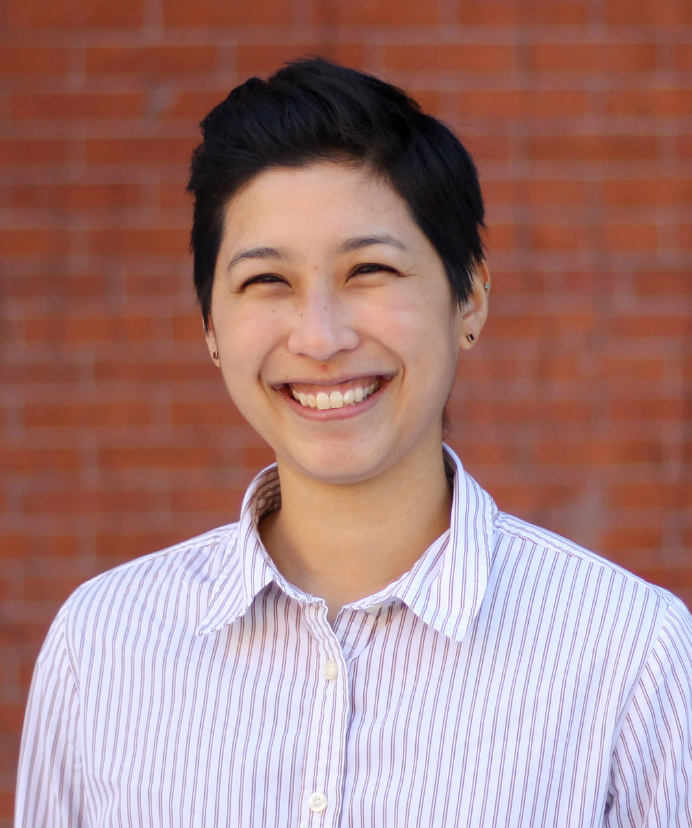Abdul El-Sayed
Physician, epidemiologist, former city Health Commissioner, and progressive activist Abdul El-Sayed details the advantages of universal healthcare.

Read Time: 4 minutes
Published:
Abdul El-Sayed is a physician, epidemiologist, and educator. He previously served as health director for the City of Detroit and has worked alongside many politicians, including Senator Bernie Sanders and President Joe Biden. In his latest book, Medicare for All: A Citizen’s Guide, he discusses what it would mean to have universal health care in the United States.
Public Health Post: How would Medicare for All work in the simplest terms, and what are its advantages over alternatives?
Abdul El-Sayed: It is one health insurance program operated and provided for by the federal government that covers everyone from cradle to grave. No matter if they turn 26, or they get married, or they get divorced, or they get a job, or they lose a job, or they turn 65, it’s the same insurance for everybody.
Medicare for All addresses the inequity, the unaffordability, and the inefficiency of our system. Since the government negotiates prices on our behalf, Medicare for All brings those prices down for everybody, which would reduce the overall cost of healthcare.
How would the health of individuals and populations improve under a Medicare for All system?
Ten percent of people don’t have health insurance coverage currently. Our system spends 18 cents for every dollar in our economy on healthcare, which means there’s very little left over for prevention. And because there are 900 health insurers, none of which has the incentive to prevent illness in our system, that rewards for healthcare rather than health.
One argument against Medicare for All is that it will be too expensive. What are your thoughts about the cost of a Medicare for All policy?
My sense is when people say Medicare for All is too expensive, what they’re saying is the federal budget can’t afford it. But I don’t really care as much about a federal budget as I care about everybody’s kitchen table budgets. And already, Americans can’t afford their healthcare.
When you have corporations that have to figure out how to talk to each other—900 health insurers on one side, 7,000 healthcare companies on the other—all figuring out how to have a conversation, that’s a lot of bureaucracy you can undo.
So it’s less expensive overall, and it’s far less expensive for low-income Americans.
What do you think is the biggest misconception surrounding Medicare for All?
A lot of folks talk about Medicare for All as a government takeover of healthcare. But it’s more a government takeover of health insurance. And to be clear, health insurance adds almost zero value.
The second misconception is that Medicare for All is going to take away choice. And then it really depends on what choice you care about. The choice I think most Americans care about is the choice of what doctor you get to see. If you focus on that choice, it’s clear that Medicare for All maximizes that choice. Right now the biggest gatekeepers on doctors and hospitals are health insurance companies. They tell you what doctor you can see because those are the doctors that they’ve negotiated special rates with.
Many other countries have implemented universal healthcare. Why do you think the US has failed to do the same?
In this country we have ascended to a 40-year governing consensus that tells us the best single way to provide basic public goods is to sell them off to major corporations so they can exclude the poorest of us and extract from the rest of us. It’s a system that says the profit margins of major corporations are sacrosanct. We take this as normal—that this is the way things ought to be.
The other reason is the tried-and-true culture of American racism. There is an unwillingness to invest in public goods if it means Black and Brown people are going to get them too.
Why is Medicare for All a necessity for racial justice and health equity?
The way we have sequestered money in the healthcare system leaves us unable to invest in broader structural issues. When you’re talking about something that’s nearly 20% of the entire federal budget, you almost have to solve the healthcare problem to get it out of the way so that you can actually do the rest of the work, which is bigger, broader public health blocking and tackling.
Photo courtesy of Abdul El-Sayed



